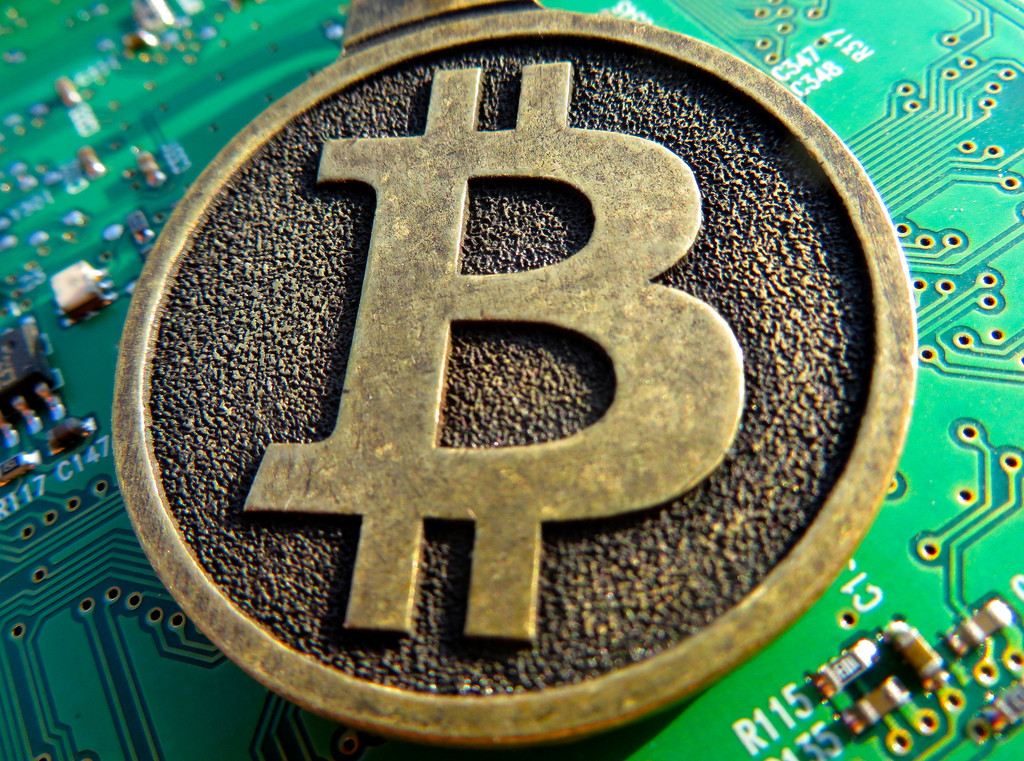The past two weeks were chiefly engulfed by news concerning banks and regulations in relation to cryptocurrencies. Providing some balance on the other side of the spectre were positive pieces introducing Bitcoin´s newfound capacity to cover electricity bill payments in Japan or coffee-breaks in Russia.
Europol had announced its plan to set up a working unit with competences to investigate and combat cryptocurrency money laundering. This step will see the EU´s law enforcement agency join forces with INTERPOL in an effort to analyse, investigate, and study effective methods of tackling virtual currency money laundering. In hindsight, this might come off as a rather negative blow to cryptocurrencies, but we could not be more mistaken. The focus groups will concentrate their efforts exclusively on money laundering related to terrorist activities, barring users from a significant threat of possible negative impacts, under the obvious condition of a specific user not belonging to a group under investigation.
Ripple (currently the third largest currency in terms of capitalization) along with several commercial banks had announced a joint venture through the establishment of Global Payments Steering Group. The Group is castigated as an improved version of SWIFT, a system facilitating communication between banks. Even SWIFT officials themselves have admitted that their technology might soon be partially replaced by Ripple.
This rather elite banking congregation includes big shots such as Santander, Unicredit, or the Royal Bank of Canada. GPSG essentially represents the first conglomerate with pre-defined rules and management structures between its members. The Group´s officials do not allegedly expect to provide a substitution for SWIFT, although they do hope for at least sectional acceleration and cost savings within the system. In the broader picture, the group´s functioning will be the key, together with the reaction of regulators. If, eventually, nothing happens and the whole system goes bust, traders can still keep calm as Ripple´s value has been steadily increasing ever since the initial announcement.
Japan has seen a gradual improvement in its use of Bitcoin. A major portion of the praise should be accredited to the government which has recently decided to grant Bitcoin the status of an official currency. From November onwards, Japanese citizens will be able to pay their electricity bills in Bitcoins. Coincheck Denki (translated as “electricity”) is the name of a new payment company initiating cooperation with an electricity producer that boasts power plants in seventeen Japanese localizations and conducts business activities in twenty two countries in total. The company will divide consumers into two groups: the first will receive Bitcoin rewards in return for payments in Japanese Yen, the second will make its payments with Bitcoins, saving 4-6% off the overall payment. Some have already doubted the prospects of this idea´s success as the Japanese have so far preferred to pay their bills in cash payments as opposed to electronic transfers.
Shifting our focus to the U.S., regulators in New York have massively focused their attention on the subject of Bitcoin in the previous weeks. Supplementary to the pre-existent obligation of companies, stock exchanges and operators of Bitcoin wallets to obtain the so-called Bitlicense, further administrative rules and duties requiring strict adherence are soon to follow. This will not only lead to an increase in costs for affected companies, but it will also add to the already heavy weight of administrative burden in the form of red tape. If the proposed legislation passes, the implementation of a cyber security program will be required. A supervising and evaluating authority will need to be found and established with the purpose of overseeing the progress of implementation procedures. The officially proclaimed goal of this endeavour is to boost the security of available information and the accessibility of data currently in the company´s hands. The project´s unofficial impacts will be most likely reflected in shielding and securing citizens from Bitcoin, as most companies will presumably opt out of using Bitcoin due to equal or even higher levels of regulation as compared to the dollar.
The crème de la crème of this article will be (now almost habitually) Russia. The country has witnessed a paradoxical situation. Companies and businesses are, of course, continually prohibited from trading with Bitcoin, as such conduct is still deemed unlawful within the boundaries of the state. As a consequence, customers are not allowed to make Bitcoin payments. Bar one exception, namely: the biggest Russian state-owned bank, Sberbank, which provides its employees and other visitors with a coffee and Bitcoin payments in its coffee shop. The incriminated coffee place has effectively become the first shop enabling payments with Bitcoin. For how long though?
Translated by Edward Szekeres



